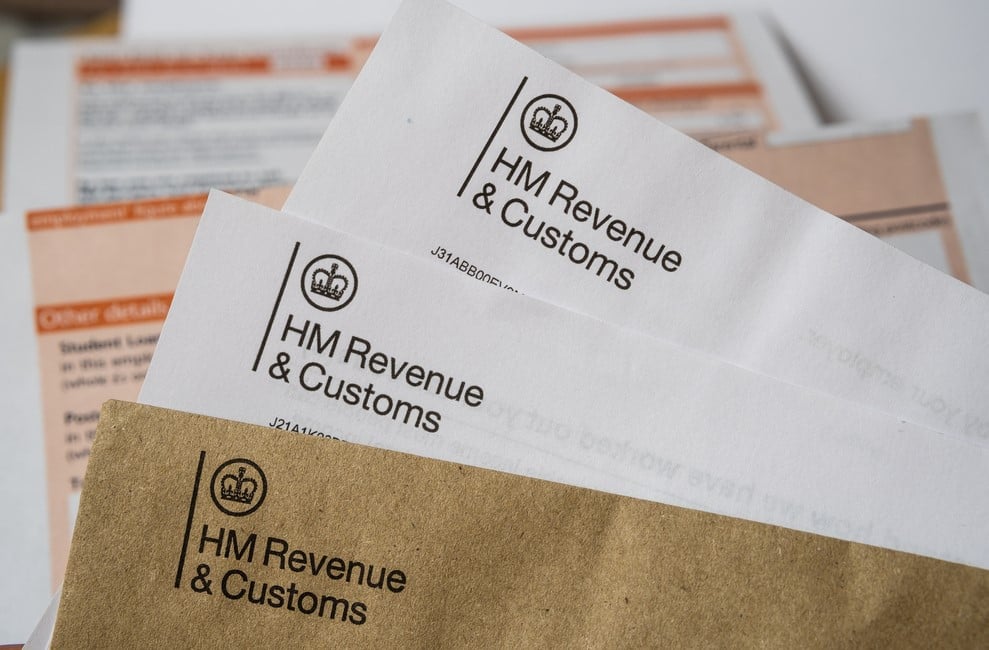HMRC can often transmit ripples of anxiety across anyone’s day. Usually, these communications appear in several forms, but one type that could land in your mailbox is the dubbed “nudge letter.” Crafted to remind or motivate taxpayers about their fiscal responsibilities, especially pertaining to undeclared income, understanding your HMRC nudge letter is crucial to make sure you’re satisfying your tax obligations efficiently.
What precisely is an HMRC Nudge Letter?
A nudge letter from HMRC is basically a preventive measure rather than an blaming one. These letters are part of HMRC’s plan to motivate taxpayers to voluntarily amend any discrepancies in their tax reports, particularly focusing on overseas income that may not have been fully declared. Unlike formal audit letters, a nudge letter does not mean there is an current investigation into your tax affairs. Instead, it functions as a gentle nudge that HMRC has data indicating there could be undeclared income.

What’s the reason Have You Gotten One?
If you’ve come across one notices in your post, it’s probably because HMRC has received information that potentially contradicts with the data you’ve sent, or suggests there might be additional sources of income that need be considered. Typical triggers for dispatching a nudge letter include discrepancies observed in the data reported by foreign tax authorities or financial institutions regarding overseas income.
Decoding the Message
The main content of a nudge letter usually includes a alert about the importance of declaring all applicable revenues; a signal that mistakes should be corrected; and sometimes, links to guides on the best way to handle disclosing undisclosed income. It is vital to check the details mentioned about the suspected undisclosed income carefully and decide whether it relates to your situation.
Following Measures: What Ought to You Perform?
Upon receiving a nudge letter, undertaking proactive steps is essential:
Examine your Tax Documents: Double-check your previous returns to confirm all income sources were declared accurately. Pay special focus to any international income.
Seek advice from a Tax Advisor: If there is any uncertainty about how to proceed or if amendments are, consulting with a tax professional can provide clarity and guidance.
Respond Promptly: Follow any instructions provided in the letter regarding deadlines for response. Participating cooperatively with the HMRC can frequently prevent additional complications or inquiries.
Rectify All Mistakes: If you find flaws or left out details, take prompt action to correct it. This often entails filing corrected returns and collaborating fully with HMRC.
Prevention is Preferred In lieu of Solution
To sidestep forthcoming HMRC nudge letters, preserving complete and correct records of every single domestic and foreign income is wise. Consistently updating tax filings and assuring total transparency can support circumvent the anxiety associated with such checks from the tax authorities.
Navigating tax affairs may seem overwhelming, especially when it involves complexities such as income from abroad. However, understanding why you received an HMRC nudge letter and understanding how to react efficiently may not only assist in resolving likely issues swiftly but also reinforce your loyalty to diligent monetary conformity. Remember, HMRC employs these letters to aid taxpayers in staying on track rather than punishing them without prior notice.
More details about HMRC nudge letter browse our web portal
